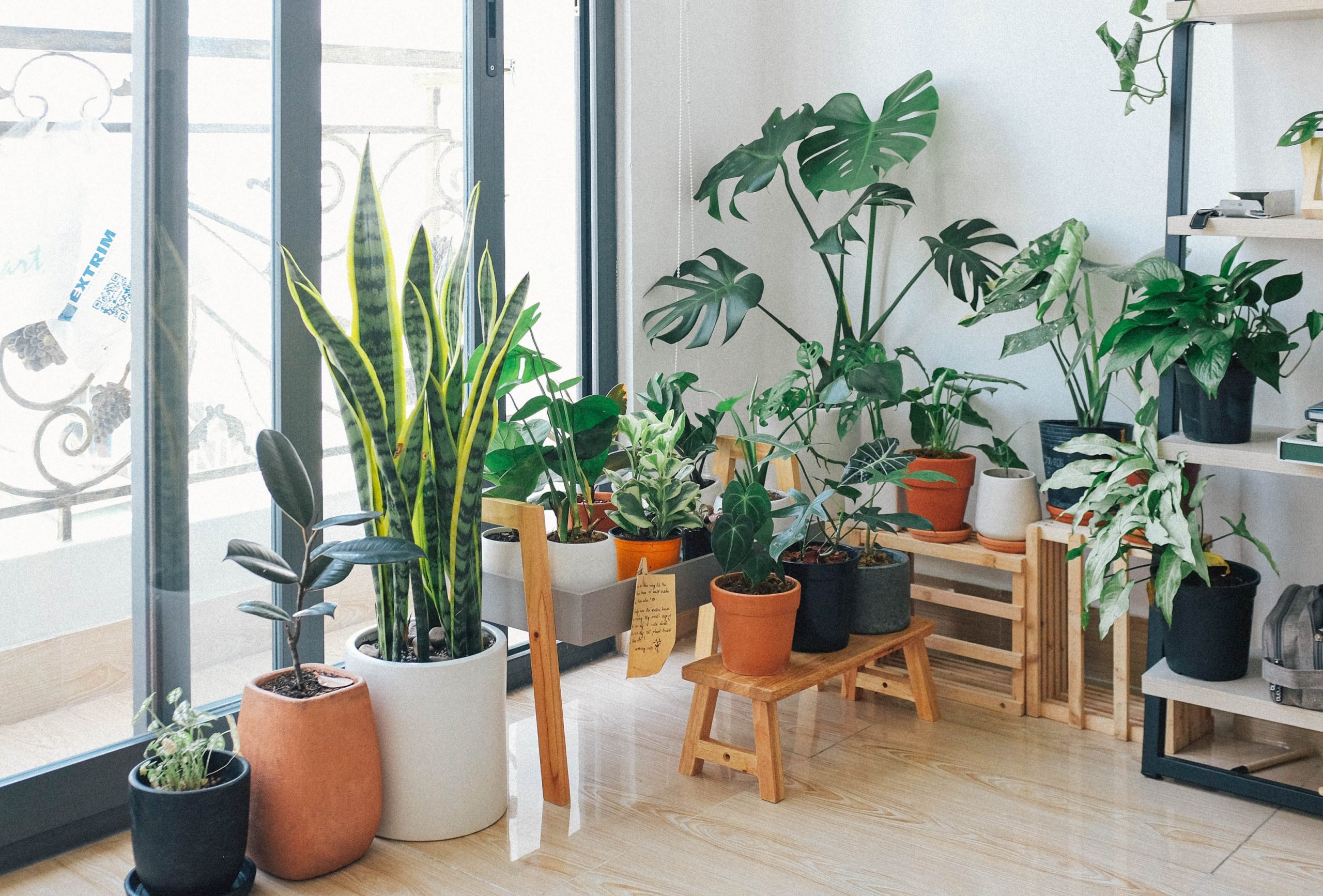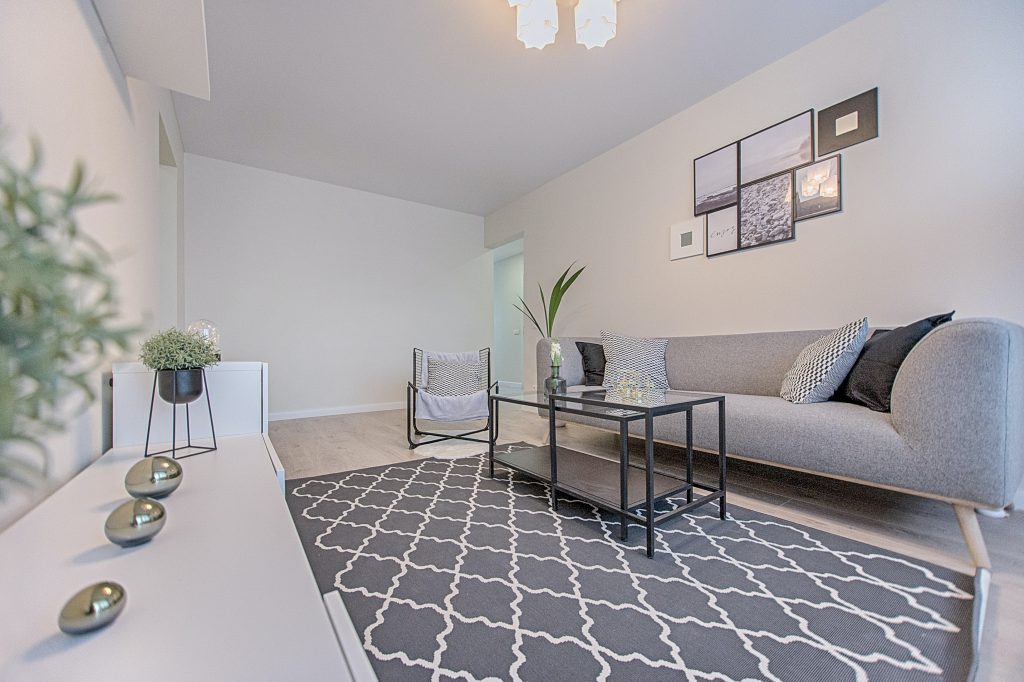- Regular cleaning and avoiding synthetic fragrances can help maintain a healthy living environment by reducing allergens and exposure to harmful chemicals.
- Air purifiers and houseplants can significantly improve air quality by filtering pollutants and toxins.
- Controlling humidity and ensuring proper ventilation are essential to prevent the growth of mold and other allergens and to ensure a comfortable living environment.
- A holistic approach, encompassing regular cleaning, air purification, humidity control, and proper ventilation, is key to transforming your living space into a healthier home.
This guide is designed with you in mind, aiming to help you transform your living space into a haven of clean, fresh air. From reducing allergens to enhancing ventilation, this article will provide practical tips and insights that can directly impact your health and well-being. Get ready to breathe easy and live better!
Regular Cleaning
Regular cleaning is paramount in maintaining a healthy living environment. It can significantly reduce allergens and harmful substances from surfaces, thus improving the overall air quality in your home. Dusting, vacuuming, and mopping should be part of your routine these activities help limit the accumulation of dust mites, pet dander, and other allergens.
Moreover, pay special attention to areas often overlooked, such as carpets, upholstery, and bedding. These areas can harbor many allergens that can easily be released into the air. In addition, using non-toxic cleaning products can help prevent introducing harmful chemicals into your home.
Consider making your DIY cleaning agents using natural ingredients. Integrating regular cleaning into your lifestyle can create a cleaner and healthier living space, thus enhancing your overall well-being. Here are more tips for you:
Air Purifiers

Air purifiers can significantly add to your home, ensuring cleaner, fresher air. These devices pull air from the surrounding space, purify it to eliminate pollutants and allergens, and subsequently circulate the cleansed air back into the room. This process can drastically reduce the concentration of allergens in the air, making your environment more comfortable, especially for those with allergies or asthma.
Air purifiers come in various sizes and types, with some specifically designed to filter out certain pollutants, such as smoke, pollen, or pet dander. When selecting an air purifier, consider various factors including the room size, the specific pollutants you wish to remove, and the noise level produced by the device.
By considering these aspects, you can make a well-informed decision to improve indoor air quality. With the right air purifier, you can significantly improve the air quality in your home, creating a healthier and more comfortable living environment.
Houseplants

Houseplants add a touch of nature to your indoor spaces and act as natural air purifiers. They absorb carbon dioxide and release oxygen during photosynthesis, creating a healthier indoor environment. Some plants, such as the spider, snake, and English ivy, are particularly effective at removing common household toxins like formaldehyde and benzene.
Incorporating these plants into your living space could help reduce indoor air pollution. However, it’s important to note that while houseplants can complement your efforts to improve air quality, they should not be the sole strategy. They work best with other methods like regular cleaning and air purifiers.
Care should also be taken to maintain indoor plants properly, as overwatering can lead to mold growth. With the right selection and proper care, houseplants can enhance indoor air quality while adding an aesthetic appeal to your home.
Avoid Synthetic Fragrances
While they may smell pleasant, synthetic fragrances often contain phthalates, chemicals linked to various health issues, including hormonal imbalances and respiratory problems. These fragrances are commonly found in air fresheners, scented candles, and cleaning supplies.
Instead of masking odors with synthetic scents, consider natural alternatives such as essential oils or simply opening a window for fresh air. If you choose to use candles, opt for those made of beeswax or soy, which burn cleaner and produce fewer pollutants. By avoiding synthetic fragrances, you’re not just improving the air quality in your home but also reducing your exposure to potentially harmful chemicals.
Humidity Control
Maintaining appropriate humidity levels in your home is critical for optimal air quality. High humidity can create a conducive environment for mold, dust mites, and other allergens to thrive, potentially leading to respiratory and other health problems. Conversely, low humidity can cause dryness, irritating eyes, skin, and nasal passages.
Therefore, keeping indoor humidity between 30% and 50% is advisable. You can manage humidity levels using a humidifier or dehumidifier, depending on whether you need to increase or decrease humidity. Regularly airing out your home by opening windows and using exhaust fans can also help regulate humidity.
Additionally, indoor plants can aid in maintaining healthy humidity levels as they release moisture into the air through a process known as transpiration. Balancing humidity in your home is crucial to creating a healthier and more comfortable living environment.
Proper Ventilation
Proper ventilation is vital for maintaining good air quality in your home. It allows fresh air to circulate, dilutes and removes airborne pollutants, and helps control moisture levels, reducing the risk of mold growth. Natural ventilation, like opening windows and doors, is an effective and eco-friendly way to replenish indoor air.
However, during seasons when outdoor air quality is poor or allergen levels are high, mechanical ventilation systems, such as exhaust fans and HVAC systems, can be very beneficial. These systems can filter and introduce fresh air while expelling stale or polluted air.
Furthermore, ensure that areas prone to moisture, like bathrooms and kitchens, are well-ventilated to avoid mold and mildew buildup. By prioritizing proper ventilation, you can significantly contribute to a healthier and more pleasant environment in your home.
Hire Reputable Air Duct Specialists
If you have a central heating and cooling system, don’t overlook the importance of clean air ducts in maintaining optimal indoor air quality. Air ducts are the lungs of your home, circulating air from your HVAC system into and out of each room. Over time, they can accumulate dust, pet dander, mold spores, and other pollutants, and when your system is running, it can circulate these contaminants throughout your home.
Hiring reputable air duct specialists for regular cleaning can significantly enhance indoor air quality. These professionals have the right tools and knowledge to thoroughly clean your air duct system thoroughly, thus reducing circulating allergens and creating a healthier living environment.
A clean system is also more efficient, saving you energy and costs in the long run. Therefore, investing in professional air duct cleaning services is a prudent step toward a cleaner, healthier, and more comfortable living space.
In conclusion, cultivating a healthy living environment requires a holistic approach, from regular cleaning and controlled humidity to proper ventilation and air purifying devices. So, it’s time to take action start transforming your living space today into a healthier, fresher, and more comfortable home. Your health and comfort are worth it!

